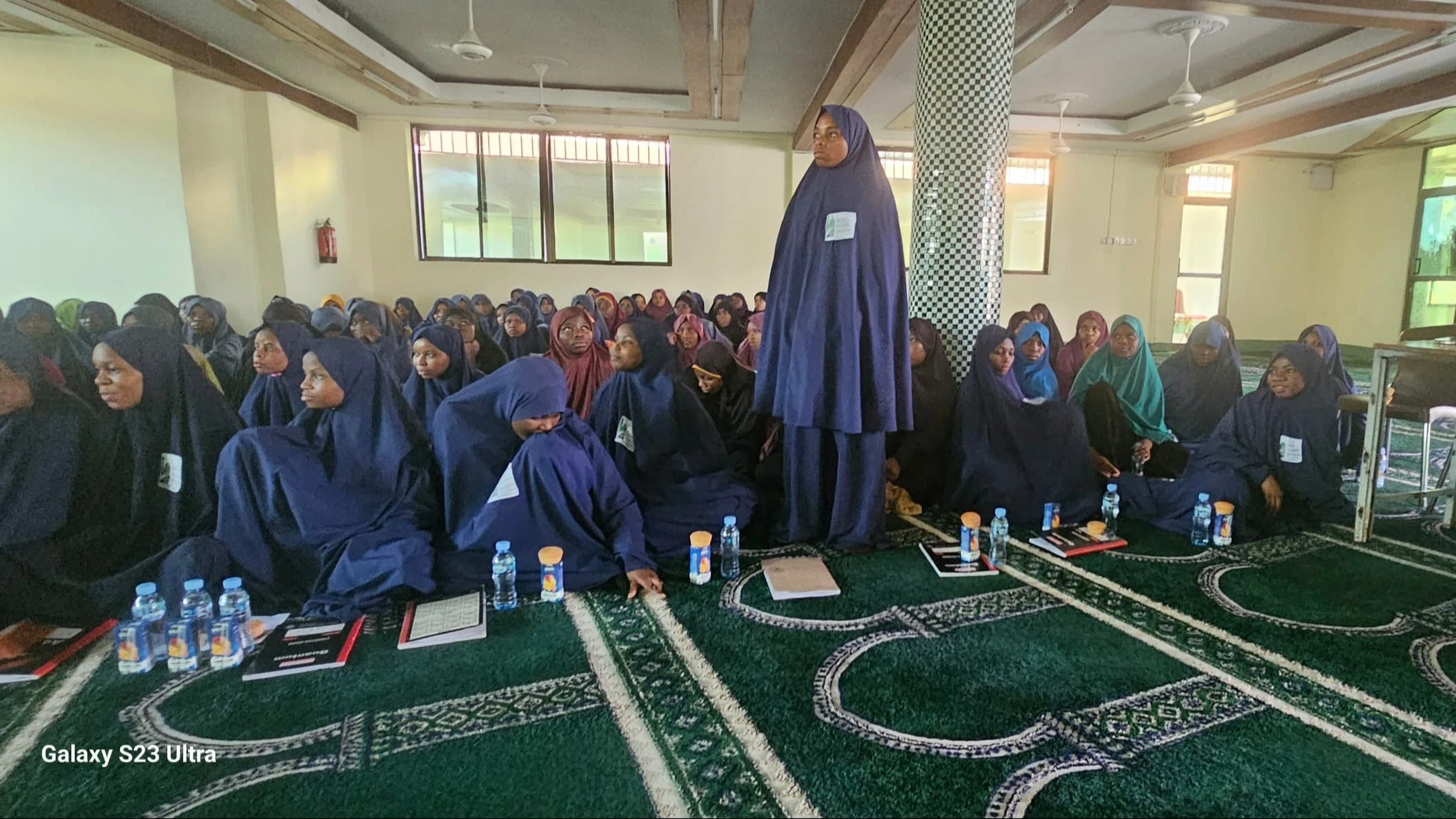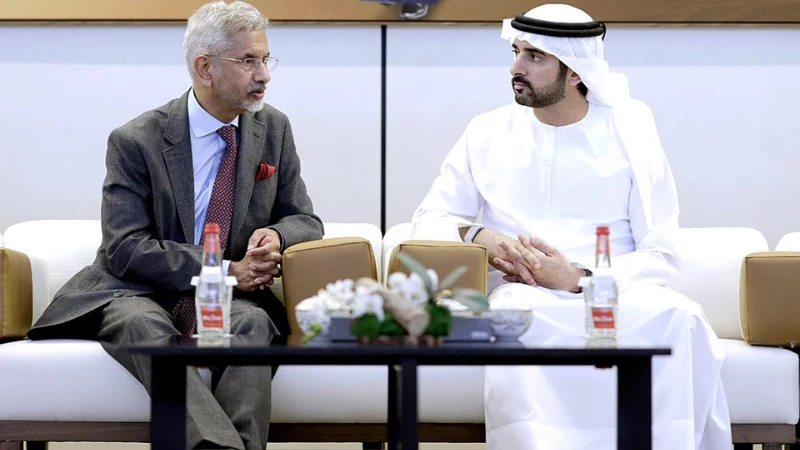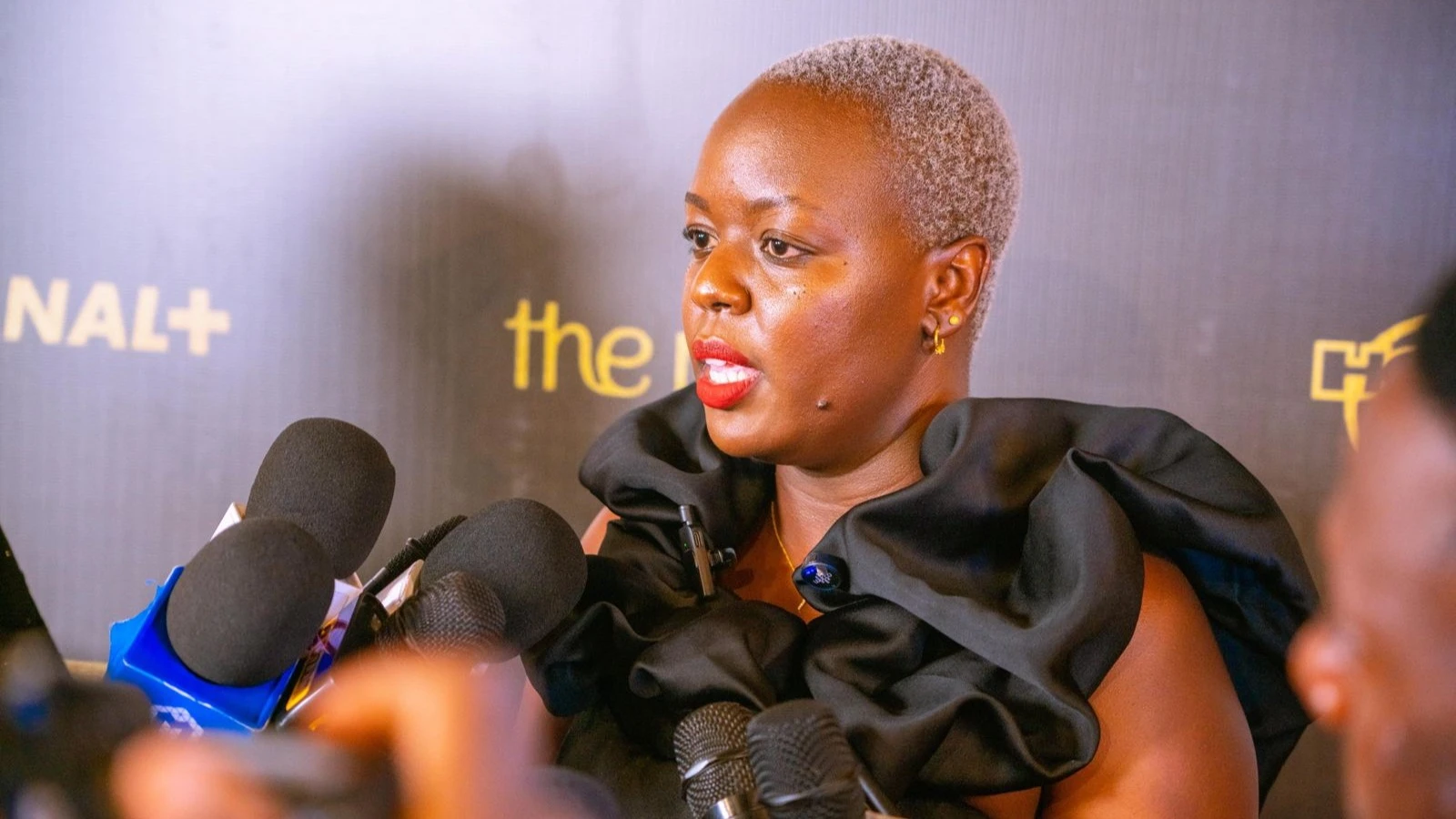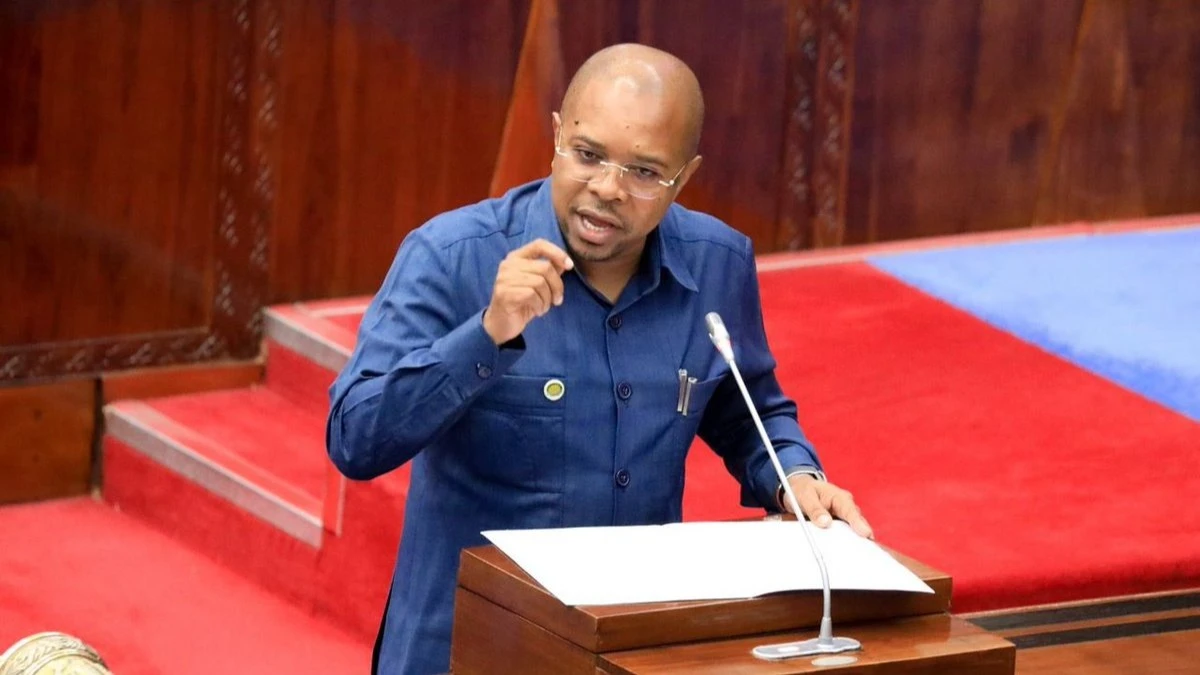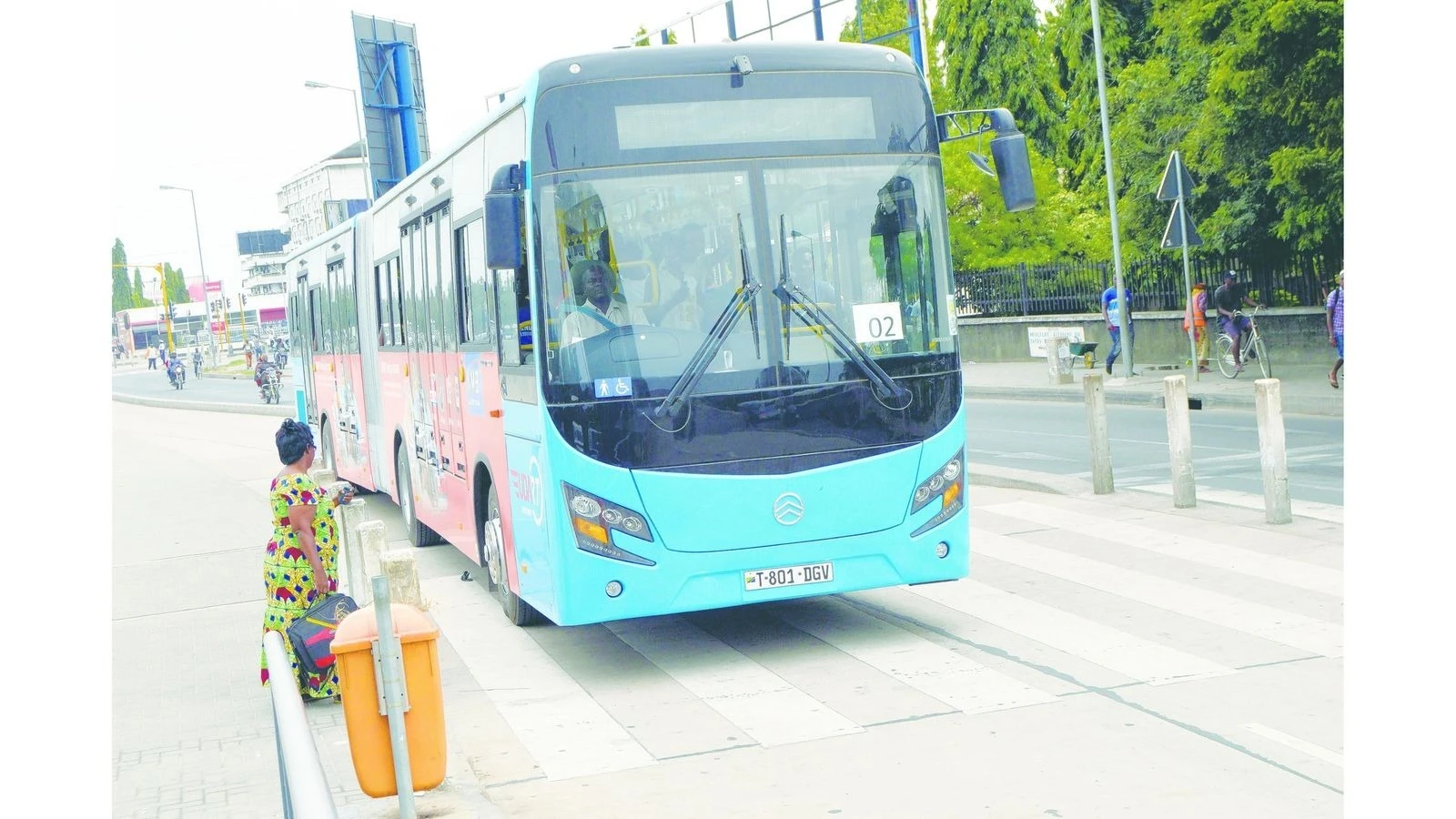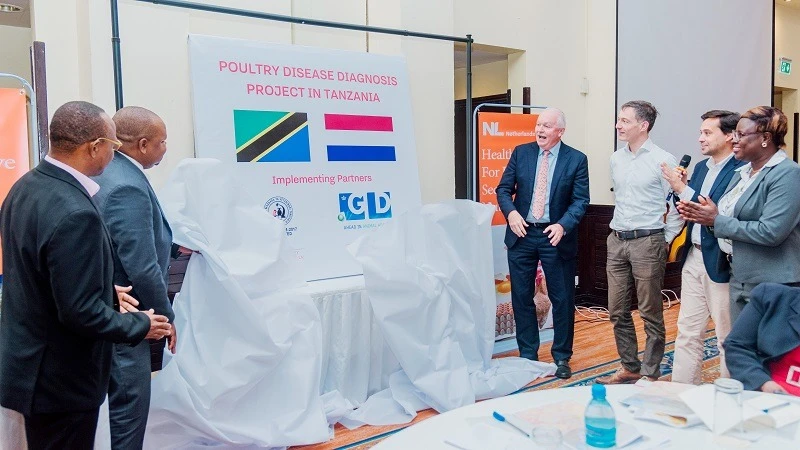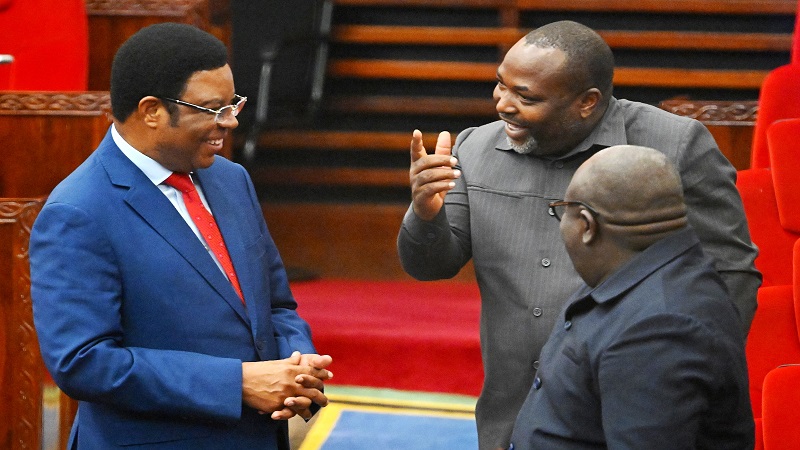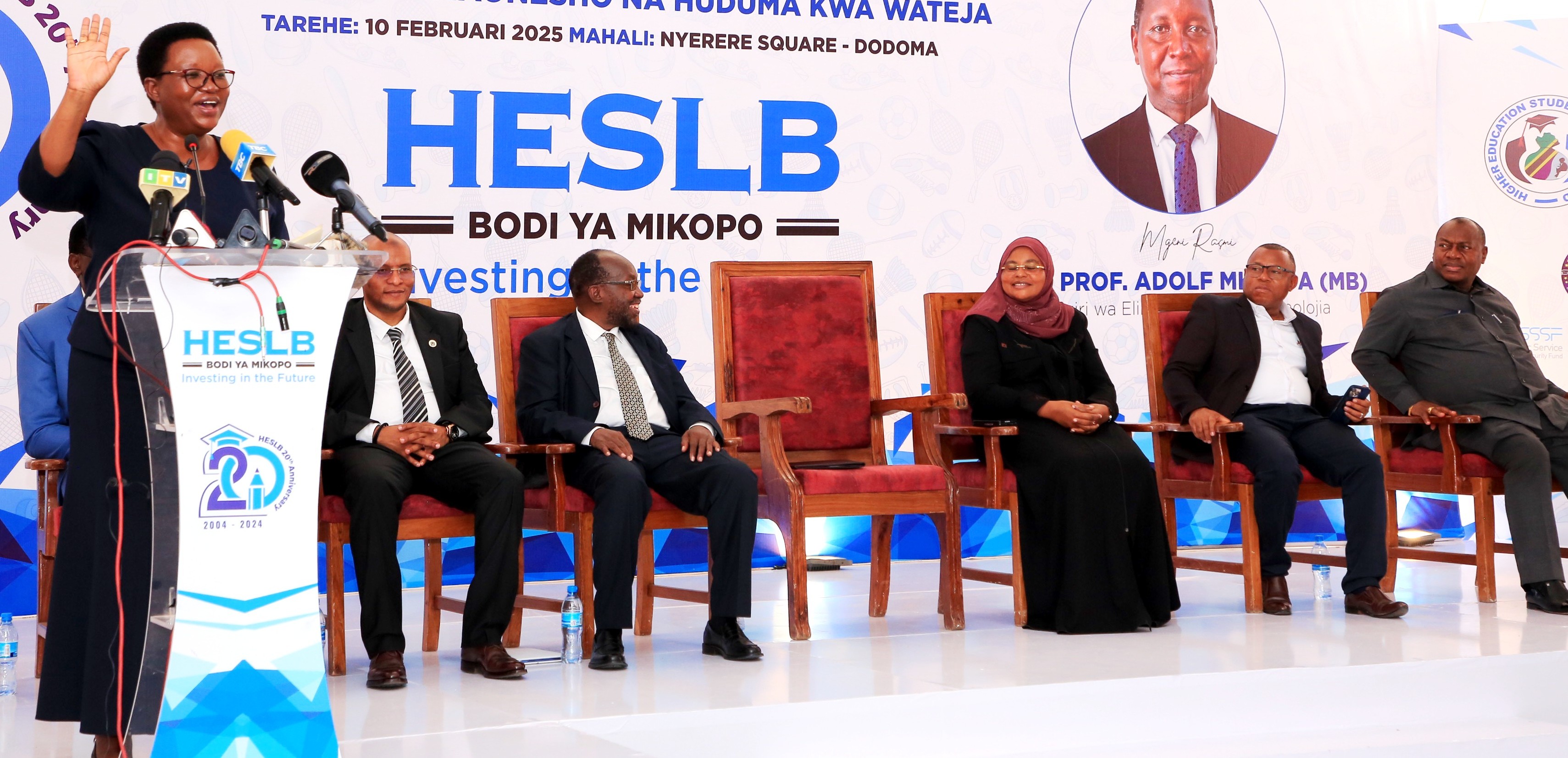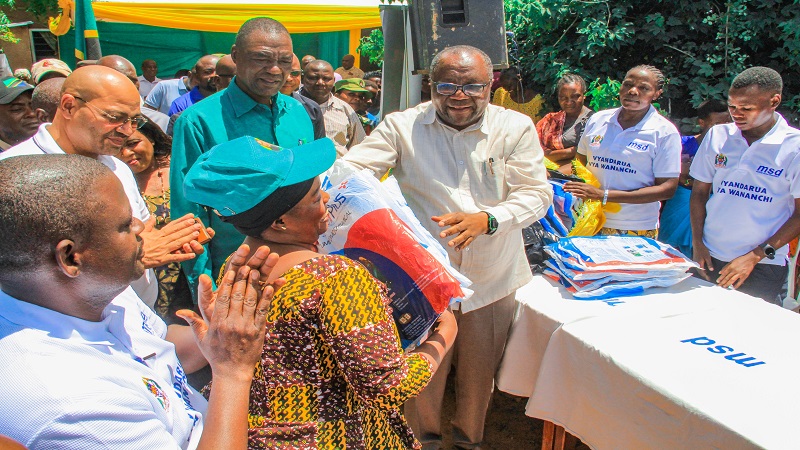How spending boost or delays progress on poverty reduction
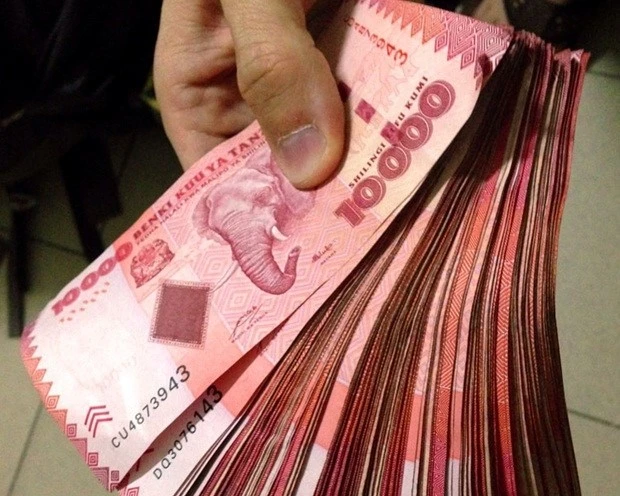
THERE are countries, which in the 1960s were at a similar level of development, as most African countries, but have made great strides, while we in Africa still heap blame for our underdevelopment on colonialism. We do so forgetting our own contribution to underdevelopment and poverty trap.
According to Synthesis Report on the Demographic Dividend in Africa published by UNFPA East and Southern Africa Regional Office in 2015, the countries which were at the similar level of development as most African countries with comparable income levels, infrastructure, and social indicators include South Korea, Malaysia, and most Southeast Asia.
“Malaysia made massive investments in human capital development (education, skills development and health), economic reforms to accelerate economic growth and job creation, and improved accountability. These integrated investments led to a phenomenal rise in per capita gross domestic product (GDP) from about $299 in 1960 to $8,754 by 2010.”
The report says national accountability in the use of public resources and service delivery will increase investment resources in the development of human capital and infrastructure to boost economic productivity.
In my opinion, colonialism has been made the sole scapegoat, while the cause of Africa’s underdevelopment is multifarious, including the slavish spending of our African leaders and their entourage. Think of spending on expensive government vehicles, ceremonies, allowances, and long motorcades.
All these deplete national resources, compared to what is spent on development. This kind of spending can hardly reduce multidimensional poverty caused by deprivations in health, education, and standard of living, according to Global Multidimensional Poverty Index (MPI, 2024).
Countries with abundant or fewer resources can differ in the level of development depending on the way they spend on, save, and invest in (manage) what they have. Yet, balanced (smart) spending as some authors suggest is the surest way to poverty reduction, and development (lifelong success).
Talking about individual persons the other day we looked at US Senator Elizabeth Warren and her daughter Amelia Warren Tyagi’s ‘50/30/20 budget rule’. The mother and daughter wrote a book titled “All Your Worth: The Ultimate Lifetime Money Plan” they published in 2005 which talks about splitting one’s after-tax income into three parts of spending - that is, 50 per cent on needs (necessities), 30 per cent on wants (things that are not necessities, but make life enjoyable and entertaining), and 20 per cent on savings and investment.
The authors say the rule can be adjusted to suit an individual person’s working environment, but the idea remains that one’s income should be divided into those three categories and when this practice is maintained it leads to lifelong success. Likening healthy living with consuming a balanced diet, the authors also suggest “Get your money in balance…—and you have the formula for a sustainable, lifetime plan.” By way of comment, I can say the authors’ budget rule is all about smart spending.
Other authors suggest a similar budget rule, but express it differently. A book titled “Your Spending Your Savings Your future: A Beginner’s Guide to Financial Readiness” published in 2017 by National Endowment for Financial Education (NEFE) too talks about balancing money (smart spending). The author says: “Financial security doesn’t depend on how much you earn. Instead, [it] is determined by how much you accumulate after covering income taxes and living expenses — and how you manage what you keep.”
It lays emphasis on balanced spending. It says: “The key to money management is finding balance between what you earn and what you spend.” In general, the book talks about life skills one can use for the entire journey, which includes the basics of saving, investing, budgeting and goal setting.
What is said about individual persons can also be said about individual African countries. The World Bank (WB) in its “Poverty, Prosperity, and Planet Report 2024: Pathways out of the Polycrisis” suggests that without having the right policy framework there cannot be desired progress. The ‘right policy framework’ can be likened to the ‘50/30/20 budget rule’, which requires political will to practise (implement), and practice, it is said, makes perfect.
The WB report acknowledges that poverty and inequality are inextricably linked. “Speeding up the reduction of within-country inequality accelerates progress on poverty reduction. It also builds a stronger foundation for peace and stability.”
The report highlights the phrase “doing what matters where it matters”. It says low-income and fragile countries need to prioritise poverty reduction by fostering investment in human, physical, and financial capital. It says realising that two-thirds of the world’s extreme poor live in sub-Saharan Africa, rising to three-quarters when including all fragile and conflict-affected countries, to have the maximum impact on poverty reduction, which is inclusive and creates employment opportunities that ensure the poor can take advantage of available opportunities, is crucial.
“Promoting economic growth, basic investments, and insurance are fundamental to sustainably improve the lives of the poor. Those actions reduce multidimensional poverty and enhance resilience against extreme weather and other shocks,” it points out.
The report says since middle-income economies have successfully exited low-income status and have been able to reduce extreme poverty substantially, they should maintain the momentum to reach high-income levels and lift people above the $3.65 and $6.85 poverty lines.
As regards upper-middle-income and high-income countries, the report suggests stepping up the transition to low-carbon economies. “Although emissions in those settings are projected to decline under current policies, the current progress is not nearly fast enough to limit global warming. Potential transition costs associated with climate mitigation, such as higher energy prices or job losses in carbon-intensive sectors, must be managed—particularly for the poor and more vulnerable,” it says.
It explains that advancing on these interlinked global challenges requires a solid foundation of data-based evidence. Since poverty experience goes well beyond monetary measures, the report maintains, it is crucial to ensure data is also used in understanding other dimensions of well-being, such as deprivations in access to services, health, or food security.
It suffices to say that smart spending precedes any meaningful progress and developing countries, especially sub-Saharan African countries, need the ‘right policy framework’ to help accelerate progress on poverty reduction and achieve a desired end (lifelong success). All this needs a resolute action for each African country.
Top Headlines
© 2025 IPPMEDIA.COM. ALL RIGHTS RESERVED












